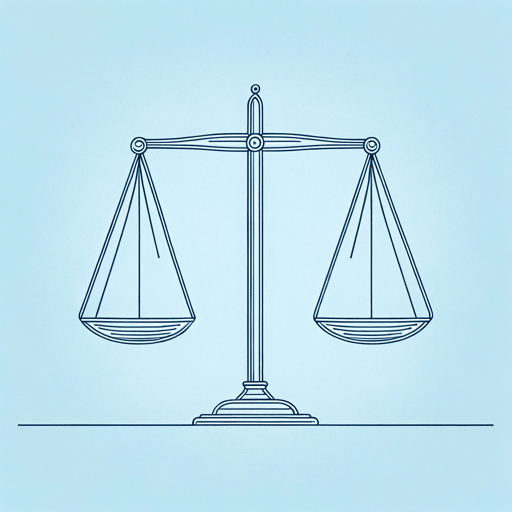54 pages • 1 hour read
Ezra KleinWhy We're Polarized
Nonfiction | Book | Adult | Published in 2020A modern alternative to SparkNotes and CliffsNotes, SuperSummary offers high-quality Study Guides with detailed chapter summaries and analysis of major themes, characters, and more.
Themes
Increase of Polarization in US Politics
Evinced by his title, Why We’re Polarized, Klein identifies polarization as the key to understanding contemporary US politics. He explains the causes of polarization, including the human propensity to treat non-group members with hostility, the ideological sorting of the major parties, the fusing of political identities with others, and demographic changes. Because of the relationship between a polarized public and polarized political institutions, Klein expects polarization to continue and get worse. The interaction between the public and institutions reinforces and strengthens polarization.
While Americans have affiliated with political parties since the 19th century, partisan identification did not align with other identities, and political parties were ideologically diverse. Klein highlights the American Political Science Association’s criticism of the major parties in the 1950s. The organization lamented the fact that the parties were so ideologically muddled, as voters were deprived of clear choices at the polls. The entrance of civil rights to the political agenda triggered a long-term sorting process at the end of which the parties would be ideologically distinct. Conservative, white, Southern Democrats ultimately left the Democratic Party for the Republican Party. Liberal, Northern Republicans likewise switched to the Democratic Party.
Featured Collections
Books on U.S. History
View Collection
Hispanic & Latinx American Literature
View Collection
Jewish American Literature
View Collection
Nation & Nationalism
View Collection
New York Times Best Sellers
View Collection
Political Science Texts
View Collection
Politics & Government
View Collection
Psychology
View Collection
Sociology
View Collection

